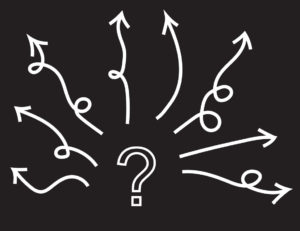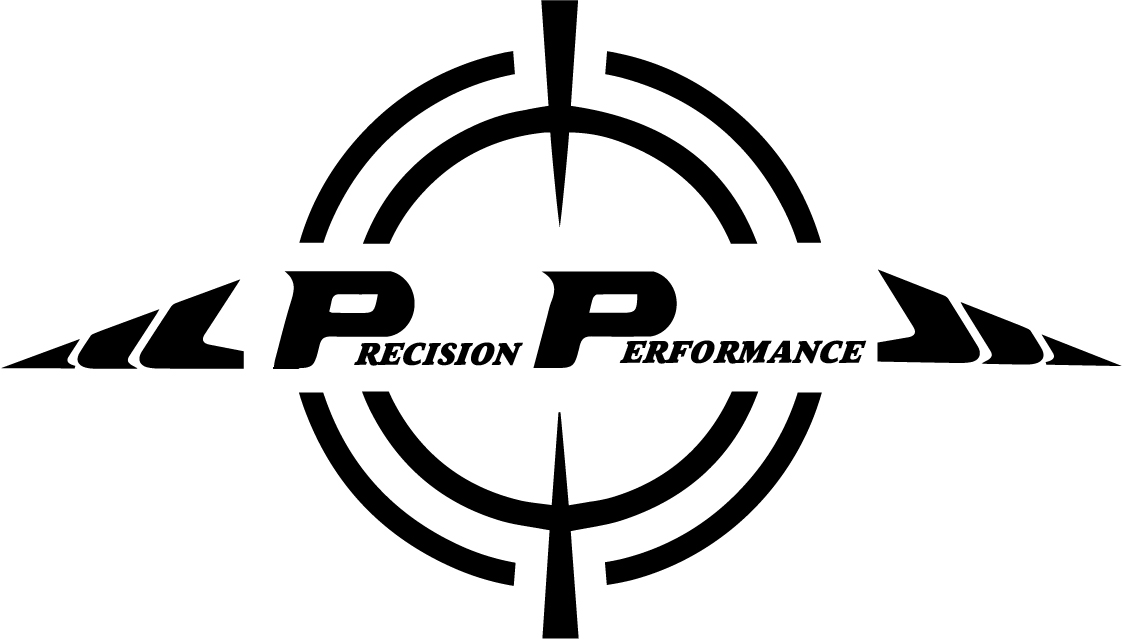[vc_row type=”in_container” scene_position=”center” text_color=”dark” text_align=”left” overlay_strength=”0.3″][vc_column column_padding=”no-extra-padding” column_padding_position=”all” background_color_opacity=”1″ background_hover_color_opacity=”1″ width=”1/1″][vc_column_text] Indecision is a common barrier I see with individuals that I work with. In sports performance and recovery from an injury, many people believe they are fully committed to their goals, but when barriers to their progression present, they can begin questioning themselves and the path that they are taking. Being indecisive about the goal and direction one is going often leads to an inability to move forward toward them. Indecision leads to poor performance.
Indecision is a common barrier I see with individuals that I work with. In sports performance and recovery from an injury, many people believe they are fully committed to their goals, but when barriers to their progression present, they can begin questioning themselves and the path that they are taking. Being indecisive about the goal and direction one is going often leads to an inability to move forward toward them. Indecision leads to poor performance.
Here are some of the ways that indecision affects progress:
Lack of commitment
When we choose a course of action, we commit ourselves to the work that is required to complete that choice and we also commit ourselves to whatever the results or consequences of that course of action.
Indecision leads to questioning the initial choice that we made and second guessing ourselves along the steps we take to follow through with that choice. It is very hard to commit to a choice if we are uncertain and second guessing our ability to perform the work that is necessary to achieve the outcomes of that choice.
Poor decision making
We can often get caught up in looking for other options or “better” options. This can often lead to missing opportunities or rushed decisions. Being unable to make a good decision because of a fear of making the wrong decision can be worse than making no decision at all.
Poor performance and confusion
Indecision leads to action without conviction. We overwhelm ourselves with information trying to make a better decision. Filtering through all the information can lead to confusion. We paralyze ourselves with trying to analyze (“paralysis by analysis”) a situation leading to no good decision being made.
Wasting time
Indecision leads to wasting time pursuing other things that are different than your goals. If you spend time looking for ways to make up for a potential failure (often times before the failure even occurs) you waste time that can be spent on taking the appropriate steps to achieve the goal.
Failure
We are too afraid of failure. We avoid making decisions or postpone making a decision to avoid failure. The indecision to avoid failure may inherently lead us to failure because by being indecisive, we are not allow ourselves to take the course of action that will make us successful.
Improvements in sports, fitness, and injury recovery often require fast decision making to be successful. When one is able to develop the ability to make decisions, they can gain more control in their ability to progress and handle situations that they are in.
Whether in a career, academics, your faith, sports performance, or recovering from an injury, anyone can improve their ability to make decisions. It requires honesty and practice. Be honest with yourself in your abilities and your goals. Determine your goals. Practice making decisions. Every choice may not be the best decision, but anyone can learn from that choice and help themselves make a better decision the next time. Achieving a goal is about growth. Practice following through with the decision that was made. There are almost always more choices to make to achieve a goal and the more you practice, the more you will develop a perspective that will help you reach your goals.[/vc_column_text][/vc_column][/vc_row]
